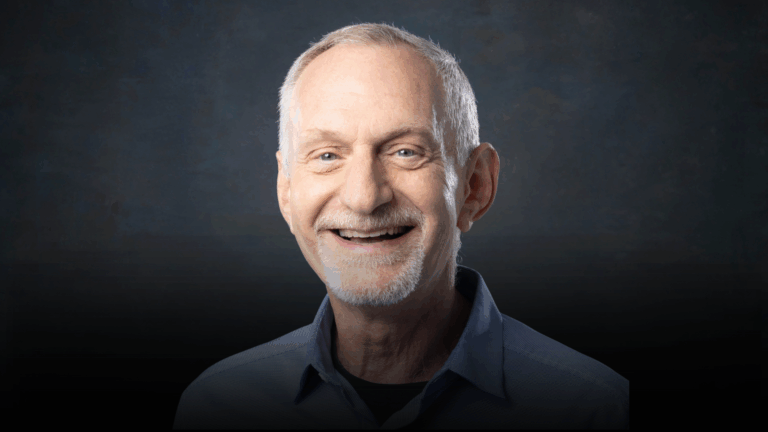Chade-Meng Tan (Meng) is a Google pioneer, award-winning engineer, international bestselling author, thought leader and philanthropist. He retired from Google as its Jolly Good Fellow at the age of 45. He is Chairman of the Search Inside Yourself Leadership Institute and Co-chair of One Billion Acts of Peace, which has been nominated eight times for the Nobel Peace Prize. He is also Adjunct Professor at the prestigious Lee Kuan Yew School of Public Policy in the National University of Singapore.
At Google, Meng led the creation of a groundbreaking mindfulness-based emotional intelligence course called Search Inside Yourself, which was featured on the front page of the Sunday Business section of the New York Times. Search Inside Yourself is also the title of Meng’s New York Times bestselling book which has been endorsed by world leaders such as President Carter of the United States, business leaders such as Eric Schmidt of Google and John Mackey of Whole Foods Markets, and spiritual leaders such as the Dalai Lama. Meng hopes Search Inside Yourself will eventually contribute to world peace in a meaningful way.
Meng delivered a TED talk on compassion at the United Nations and spoke at the White House about the development of kindness. His personal motto is, “Life is too important to be taken seriously”.
Meng hopes to see every workplace in the world become a drinking fountain for happiness and enlightenment.
“Goodness is inherent in all of us however it’s obstructed by 3 major factors: greed, hatred, and ignorance.”
In This Episode:
- Not seeing dad much growing up because of work
- Ambition to be successful from very early age
- The relationship between success and happiness
- Whether people are inherently good or bad?
- The barriers to goodness
- What greed, hatred, and ignorance have to do with each other
- The burden of having a high IQ
- The difference between happiness and joy
- The steps to finding joy
- Why people get motivated by external factors
- Comparing and contrasting what an optimal mindset looks like
- The markers of a still mind
- Wholesome pleasure vs. unwholesome pleasure



